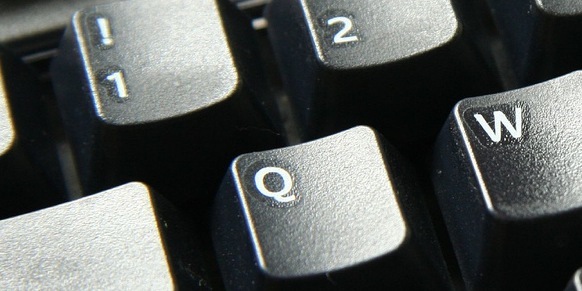A Fife man has called on BBC Scotland to explain its decision to suspend comments from its political blogs as the country enters its biggest constitutional debate for centuries.
John Thomson, from Freuchie, is one of several people who have complained directly to the broadcaster about the matter, suggesting the opportunity to engage in discussion in one of the most important periods in the nation’s history is apparently being closed down by a publicly funded body.
His comments came after the comment function on the blogs of senior political and business journalists were shut down towards the end of last year.
Mr Thomson was on the BBC’s media watchdog programme Newswatch last week. He believes BBC Scotland could soon have a very public protest levied against it in the coming weeks and months if it does not answer questions over impartiality and censorship he insists lie unresolved.
He feels commenting on blogs is very often the only way to correct what many people believe to be one-sided and sometimes inaccurate political content.
No one from the BBC returned The Courier’s requests for a response, but Daniel Maxwell, BBC Scotland’s news online editor, previously released a statement which defended the recent move.
It said: ”We believe that by determining which particular issues might best be explored by the inclusion of public comment online, we will allow a more flexible and a more adaptable approach to be taken to how we cover the main issues in Scotland.”
Mr Thomson sees that as a ”bizarre and questionable” explanation.
”The inaction of BBC Scotland Online, since November, betrays the excuse of a response provided by Mr Maxwell,” he added. ”It also highlights a Scottish news organisation sitting as judge and jury over which stories the general public of Scotland, and the wider UK, should be allowed to comment upon BBC Scotland would quickly call this censorship if it was operating anywhere else in the world.”
